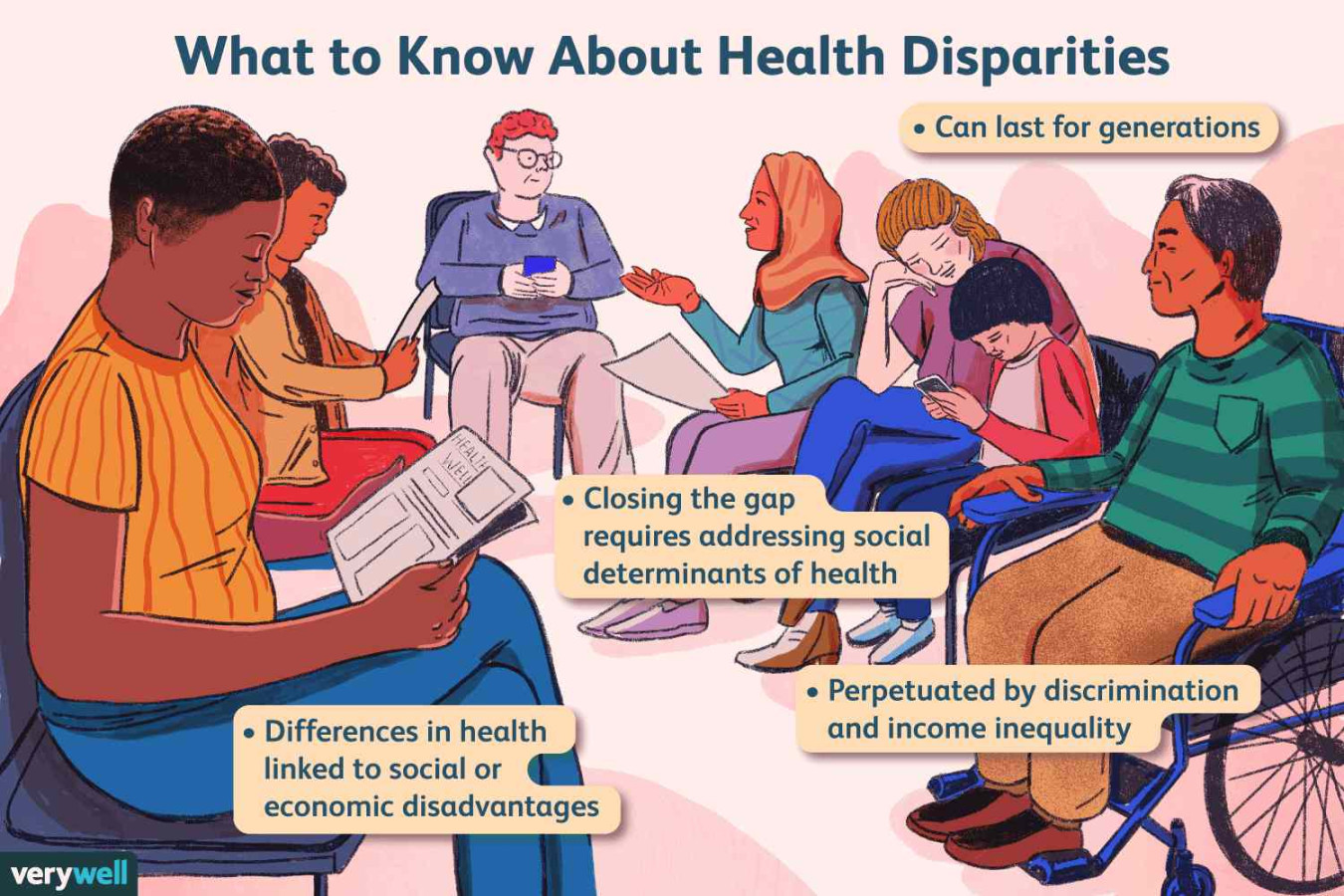It’s a common refrain: “I’m trying to eat healthier.” And more often than not, the first thing that comes to mind is protein. We’ve been told for decades that protein is the building block of our bodies, essential for everything from muscle growth to maintaining a healthy weight. But what if we’ve been looking in the wrong places?
For decades, the standard recommendation for protein has been to load up on animal-based sources like meat, poultry, and dairy. While these foods do contain protein, they also come with a host of potential health problems, including heart disease, stroke, and certain types of cancer.

Fortunately, there’s a growing body of evidence suggesting that we can get all the protein we need from plant-based sources. And not only is plant-based protein just as good for our bodies, it’s also better for the planet.
Why Plant-Based Protein is a Game-Changer
Heart Health: Studies have shown that people who eat a plant-based diet have a lower risk of heart disease. This is likely due to the fact that plant-based foods are typically lower in saturated fat and cholesterol, both of which can contribute to heart problems.
Where to Find Plant-Based Protein
There are countless plant-based protein sources to choose from. Here are a few of our favorites:
Legumes: Beans, lentils, and peas are all excellent sources of plant-based protein. They’re also high in fiber and other essential nutrients.
Tips for Incorporating More Plant-Based Protein into Your Diet
Start small: Don’t try to overhaul your entire diet overnight. Start by incorporating one or two plant-based protein sources into your meals each day.
By making the switch to plant-based protein, you can improve your health, help the planet, and enjoy delicious, satisfying meals. So what are you waiting for? Start exploring the world of plant-based protein today!
 Udento Lifestyle & Health
Udento Lifestyle & Health




